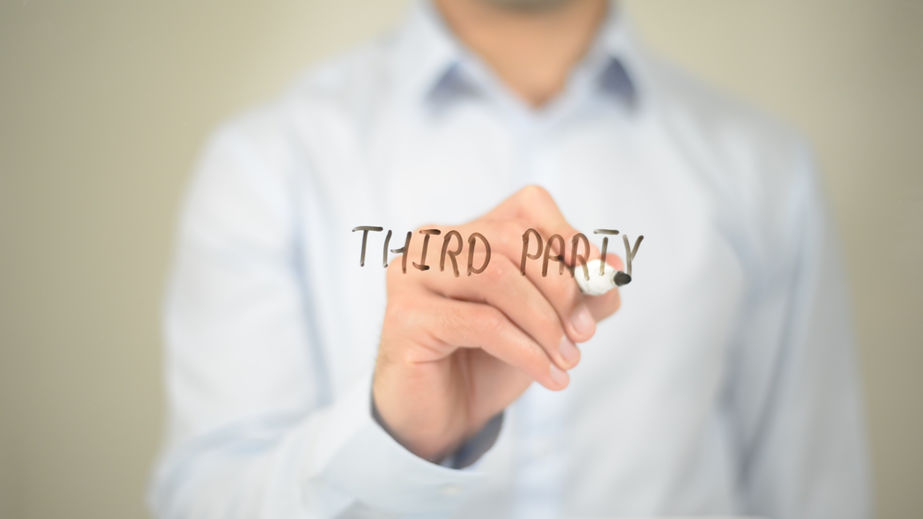Can I Join a Third Party Post-Judgment in Florida?
Once you’ve won your lawsuit and have a judgment against the defendant, you still have to go through the post-judgment process to collect on your award. Simply put, this entails a review of the defendant’s financials and assets to determine how the judgment will be paid. Some defendants try to avoid collection by transferring assets to another third party. How can this be remedied?
What Does it Mean to “Implead” in Florida?
Implead means to join a third party as a defendant in a lawsuit where he or she might have liability. Even if the lawsuit is over and judgment has been issued, it is possible to implead a third party through post-judgment proceedings called proceedings supplementary.
Who Can I Implead?
In the scenario described above, the defendant is committing fraud in an attempt to conceal his or her assets. Florida law allows you to implead the third party that is suspected of committing fraud by assisting the defendant in concealing his or her assets.
How do I Implead a Third Party in Florida?
The first step in the process of impleading a third party post-judgment is to have the clerk of courts issue a writ of execution that states that the judgement is valid and outstanding. Next, the judgment creditor, previously the plaintiff, files a motion that identifies the third party and declares the belief that they have assets of the judgment debtor that should be used to satisfy the judgment. The judgment creditor must also file an affidavit that includes: (1) information on the judgment creditor and the unsatisfied judgment; (2) information on the original action (name of the court, case number); and (3) a statement that the sheriff holds a writ of execution on a “valid and outstanding” money judgment.
The third party then has to answer the motion and affidavit and explain why the property in the judgment creditor’s motion should not be used to satisfy the judgment. The court may then conduct a hearing, and after that, order any nonexempt property of the debtor or in the possession of the impleaded third-party defendant to be used to satisfy the outstanding judgment.
What Do the Judgment Debtor and Third Party Defendant Have to Prove?
In proceedings supplementary, the judgment debtor and impleaded defendants must prove that a transfer was not made to hinder, delay, or defraud creditors, if the transferred assets were owned by the judgment debtor within 1 year before the service of process in the original action.
Proceedings supplementary can be a very technical process and may continue to drag out a lawsuit. However, this process may be the difference between a plaintiff collecting or not collecting full judgment.








